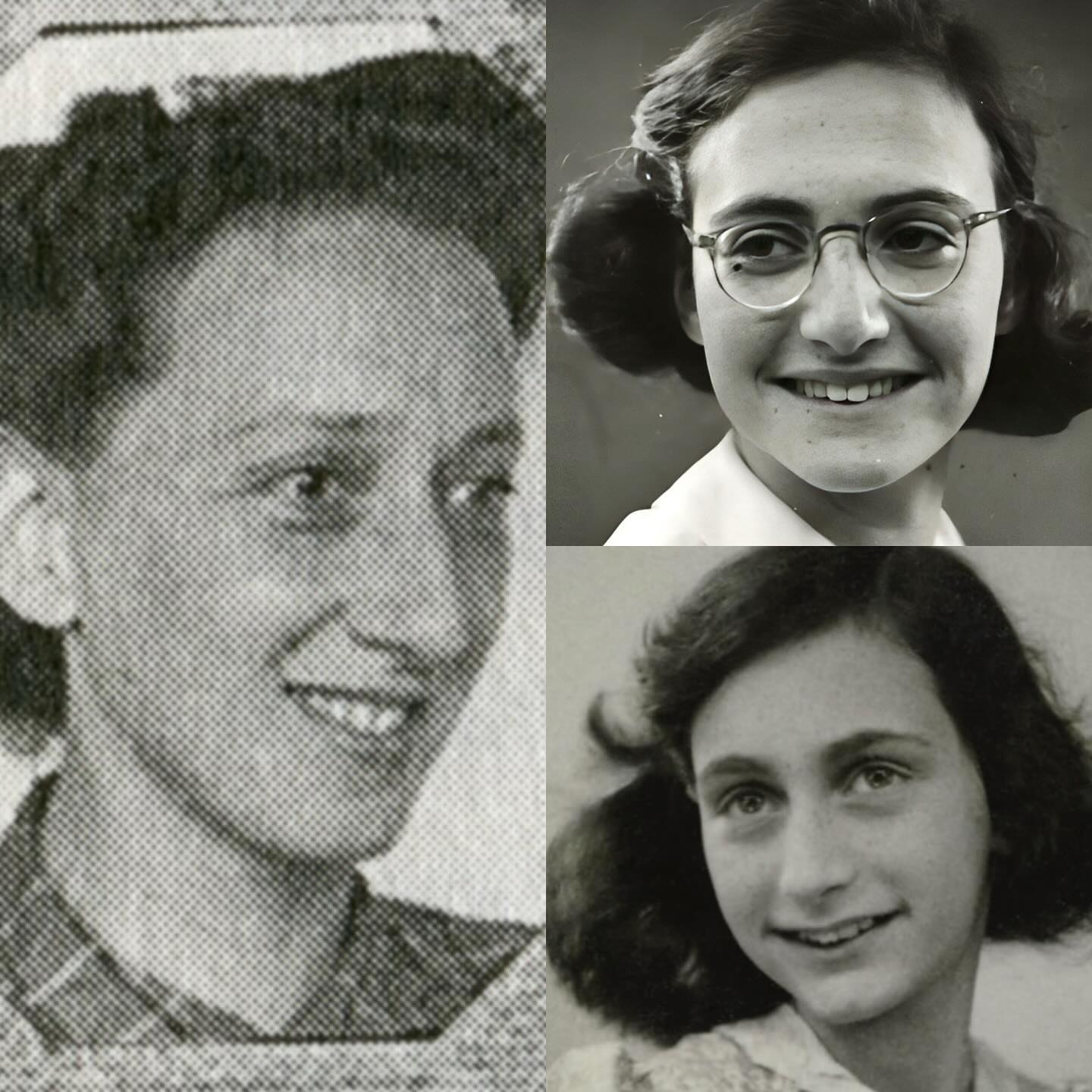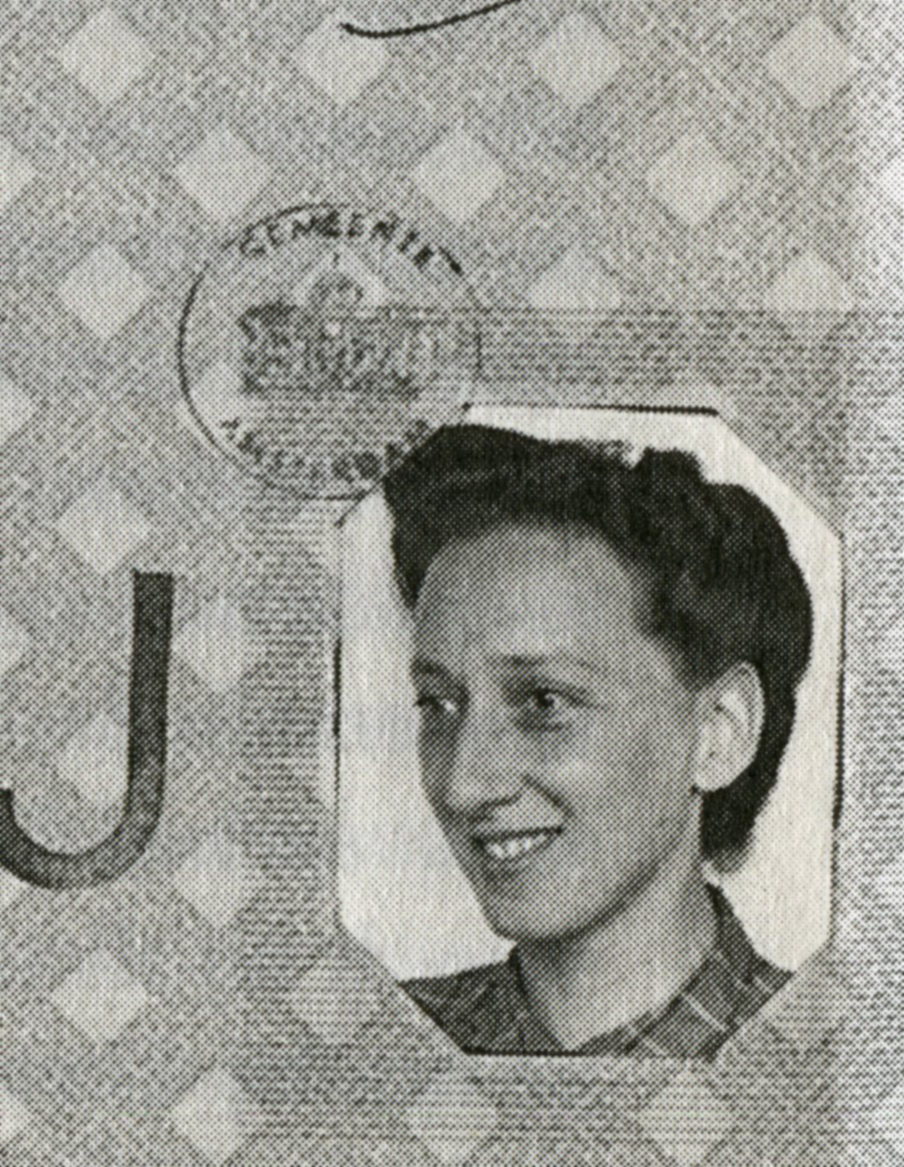A Heartbreaking Friendship
In the dehumanizing environment of the Westerbork transit camp, small acts of human connection were a lifeline. Lenie de Jong-van Naarden recalls the moment she and her husband met the Frank family, a brief but profound friendship that would stay with her forever. Her husband quickly bonded with Otto Frank, engaging in “profound conversations.

Lenie herself was particularly drawn to Edith Frank, whom she described as “a very special woman.” Lenie’s respect for Edith was so great that she always addressed her as “Mrs. Frank.” She was struck by Edith’s constant, consuming worry for her children. “She was always busy with those girls,” Lenie recalled, a simple statement that speaks volumes about a mother’s fierce devotion in the face of unimaginable terror.
Lenie also spoke with the girls. She found Anne to be an especially “nice child.” Her words convey a sense of helplessness and sorrow that so many witnesses felt. “Your heart broke,” she said, “since they were so young and there was nothing you could do to keep them out of it.” The innocence and vitality of the children, their youthful dreams and ambitions, made their impending fate all the more tragic. “These children expected so much from life,” Lenie said, a poignant reminder of the vibrant lives that were so cruelly extinguished.

This memory is a powerful testament to the fact that even in the darkest of places, friendships can be forged and human connection can endure. It serves as a reminder that the victims of the Holocaust were not just names on a list, but individuals with families, dreams, and a heartbreaking amount of hope.